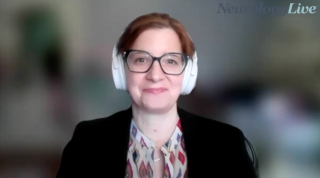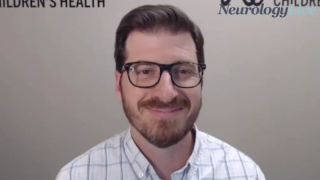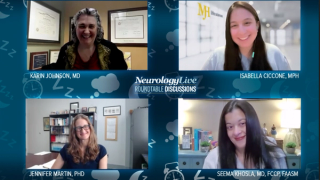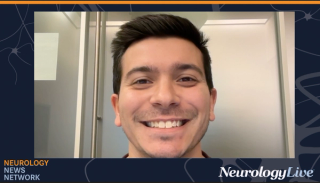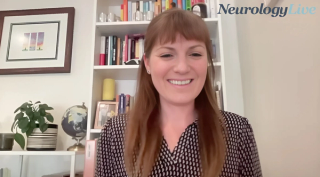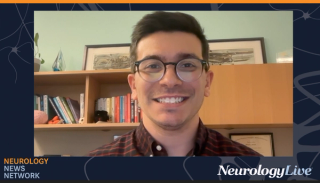
Sleep Disorders
Latest News


NeuroVoices: Andrew Varga, MD, on Debating Whether Brain Cleansing Prevents Alzheimer Disease
Latest Videos

CME Content
More News

New analysis reveals insights on hypnagogic and hypnopompic hallucinations in narcolepsy patients treated with once-nightly sodium oxybate.

The director of sleep health at Flinders University explained how new mechanistic insights are enabling targeted pharmacotherapy and trait-based treatment for obstructive sleep apnea. [WATCH TIME: 3 minutes]
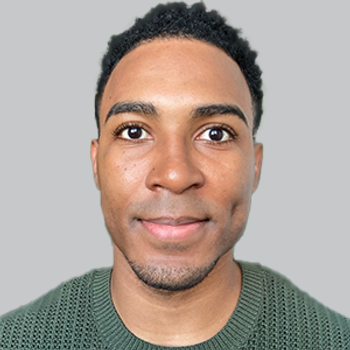
A newly presented actigraphy-based algorithm demonstrated high accuracy in detecting daytime naps, offering insights into napping behavior changes in patients with narcolepsy type 1.
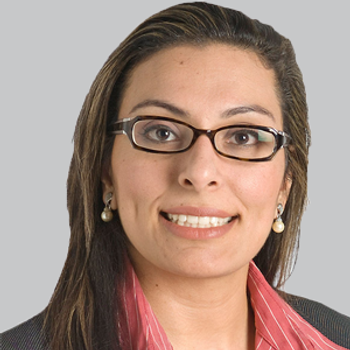
A recent analysis reveals the safety profile of once-nightly sodium oxybate for narcolepsy, highlighting low discontinuation rates and common adverse events.

A new study presented at SLEEP 2025 reported that more than one-quarter of pregnant women experienced restless legs syndrome, with prior history of the condition emerging as a significant risk factor.
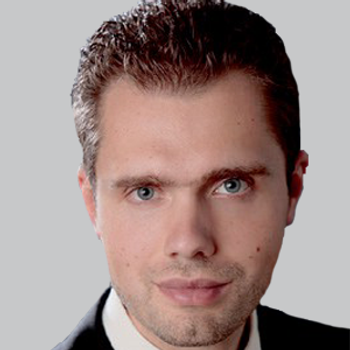
New research reveals solriamfetol significantly enhances neuropsychological outcomes in patients with obstructive sleep apnea and excessive daytime sleepiness.

Recent research reveals that transcranial direct current stimulation (tDCS) shows no significant benefits for insomnia, highlighting the need for larger studies.
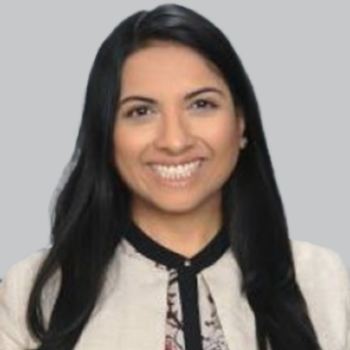
A newly presented study at SLEEP 2025 explored the practicality of various methods, such as the Apple Watch and polysomnogram, for assessing sleep in pediatric patients with Lennox-Gastaut syndrome.
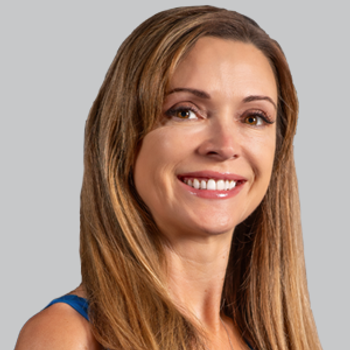
A new study evaluates the effectiveness and safety of once-nightly sodium oxybate for narcolepsy, aiming to enhance patient treatment experiences.
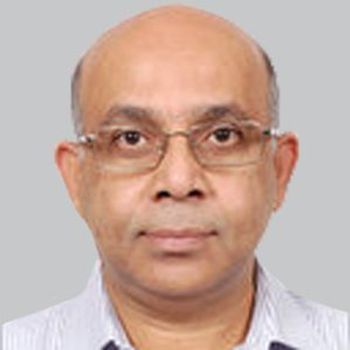
A phase 2 study shows samelisant significantly reduces excessive daytime sleepiness in narcolepsy, paving the way for further research and development.

Test your neurology knowledge with NeurologyLive®'s weekly quiz series, featuring questions on a variety of clinical and historical neurology topics. This week's topic is on the care of parasomnias.
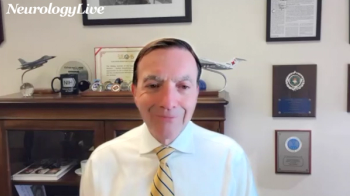
The professor of medicine and clinical translational science at the University of Pittsburgh provided commentary on the mechanism and clinical value of AD109, a novel combination therapy for OSA, following positive phase 3 SynAIRgy trial results. [WATCH TIME: 7 minutes]

Take 5 minutes to catch up on NeurologyLive®'s highlights from the week ending May 30, 2025.

Take 5 minutes to catch up on NeurologyLive®'s highlights from the week ending May 23, 2025.
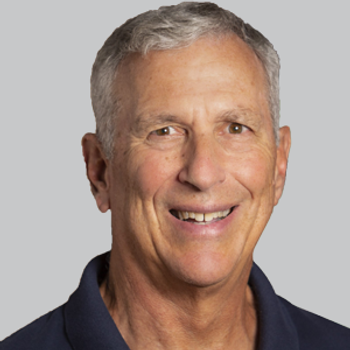
Apnimed's AD109 shows promise in treating obstructive sleep apnea, achieving significant results in a landmark Phase 3 trial, paving the way for FDA approval.
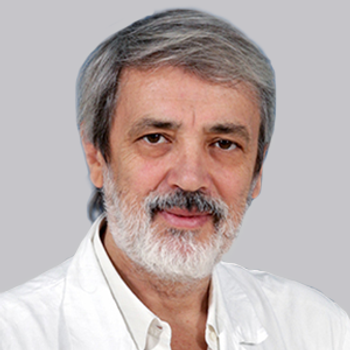
A recent interim analysis of a 5-year observational study showed sustained benefit of pitolisant in reducing excessive daytime sleepiness and cataplexy in patients with narcolepsy.
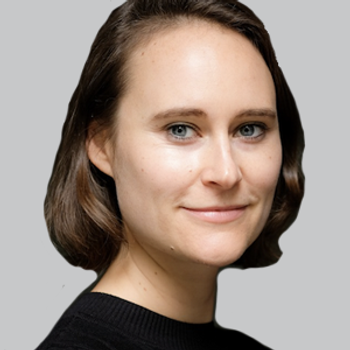
Over a 4-week treatment period, daridorexant outperformed placebo on several subjective sleep and nocturia assessments, while maintaining a good safety and tolerability profile.

Here's some of what is coming soon to NeurologyLive® this week.

Here's some of what is coming soon to NeurologyLive® this week.

Take 5 minutes to catch up on NeurologyLive®'s highlights from the week ending April 25, 2025.

The director of sleep medicine at Nemours Children's Health in Florida talked about the growing role of multidisciplinary care and novel therapies in managing pediatric sleep disorders.

Data suggest no significant differences in comorbidity rates in a newly published study, highlighting dosing challenges and treatment patterns in patients receiving immediate-release sodium oxybate.

Here's some of what is coming soon to NeurologyLive® this week.

Mind Moments®, a podcast from NeurologyLive®, brings you an exclusive interview with Nancy Foldvary-Schaefer, DO, FAAN. [LISTEN TIME: 25 minutes]

Here's some of what is coming soon to NeurologyLive® this week.




